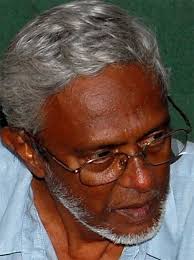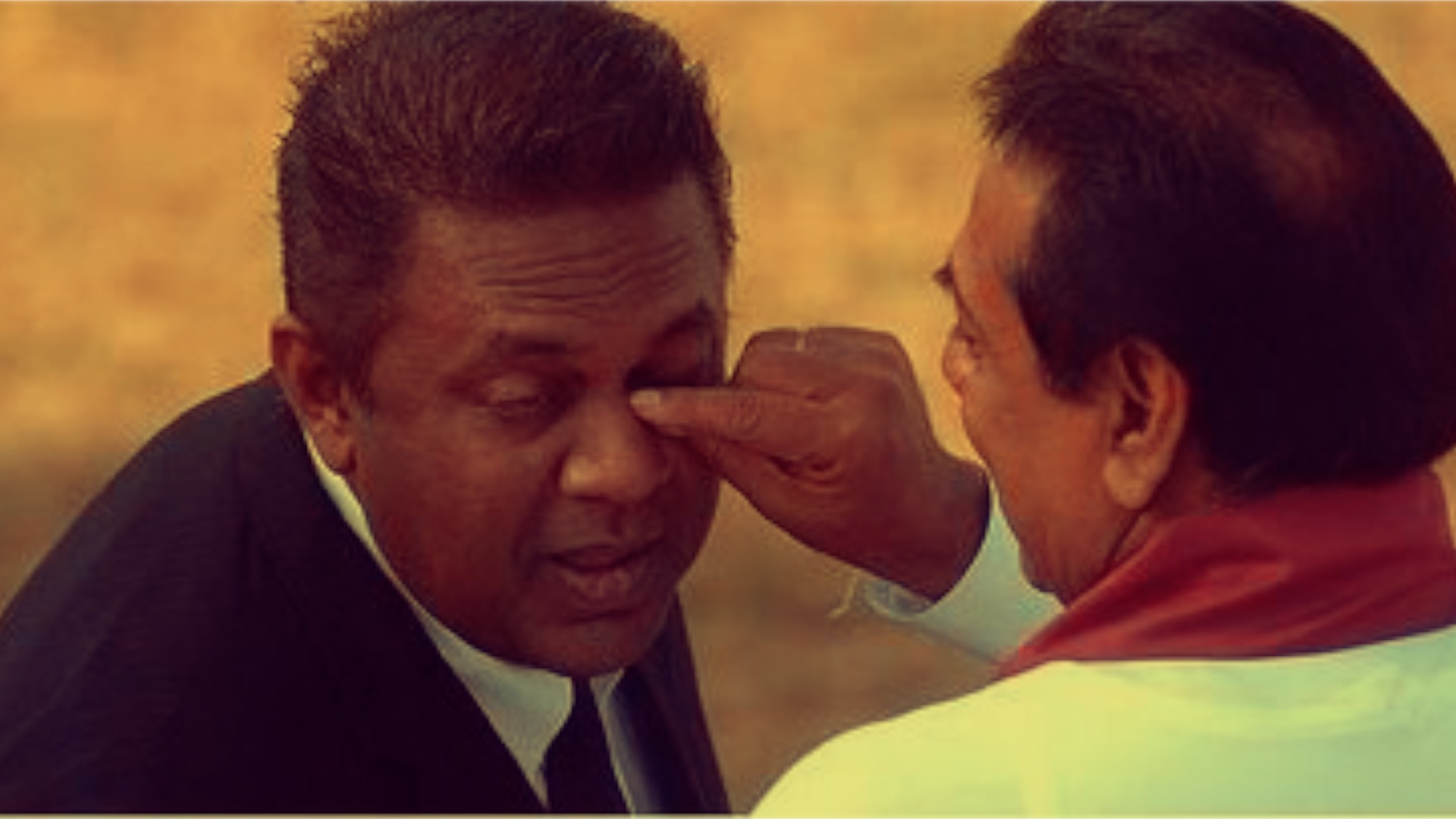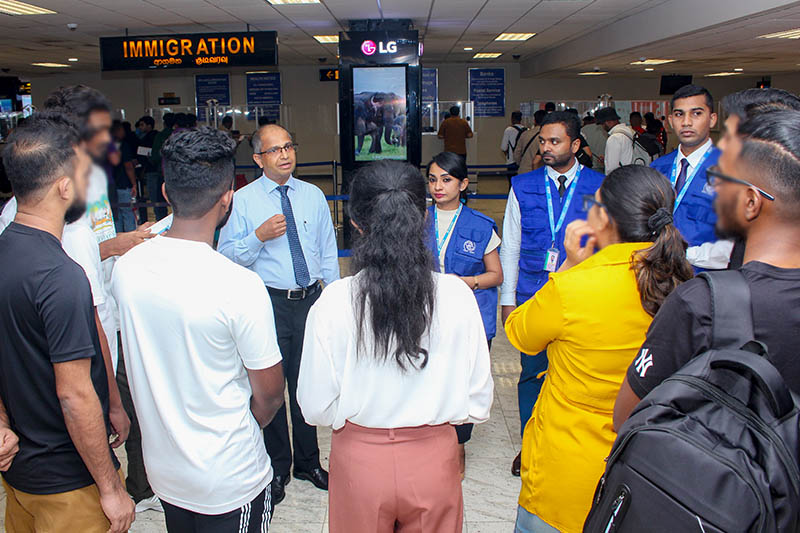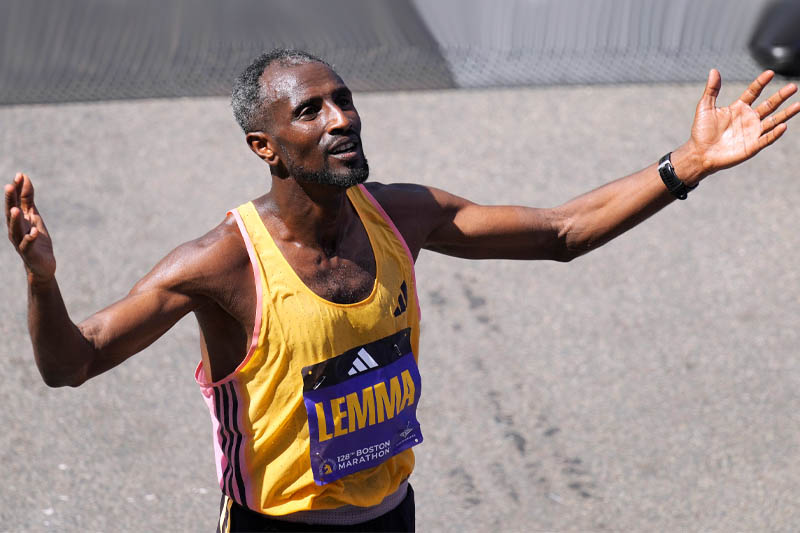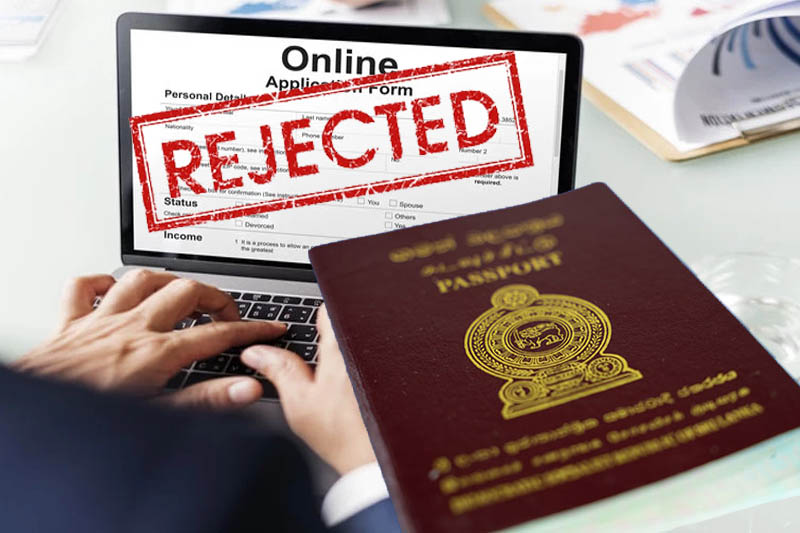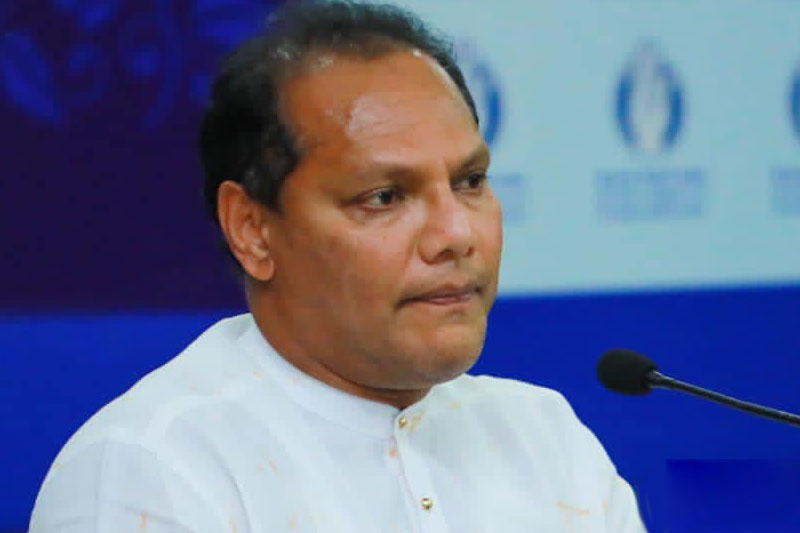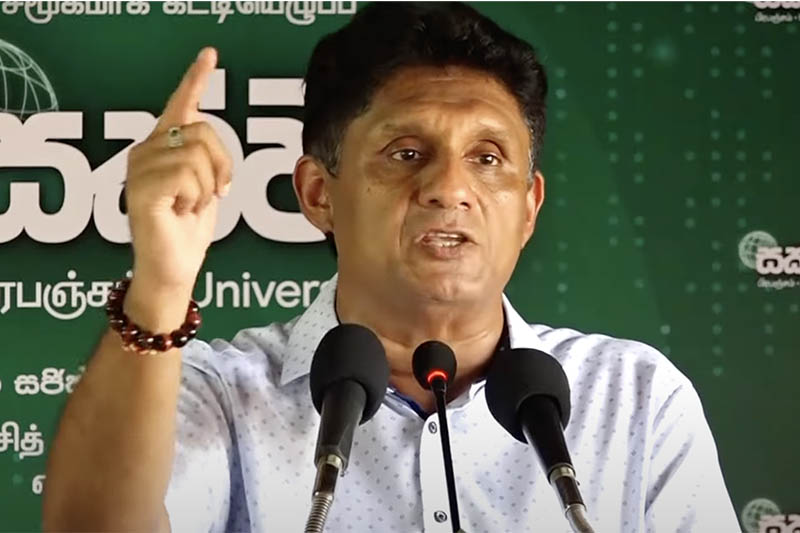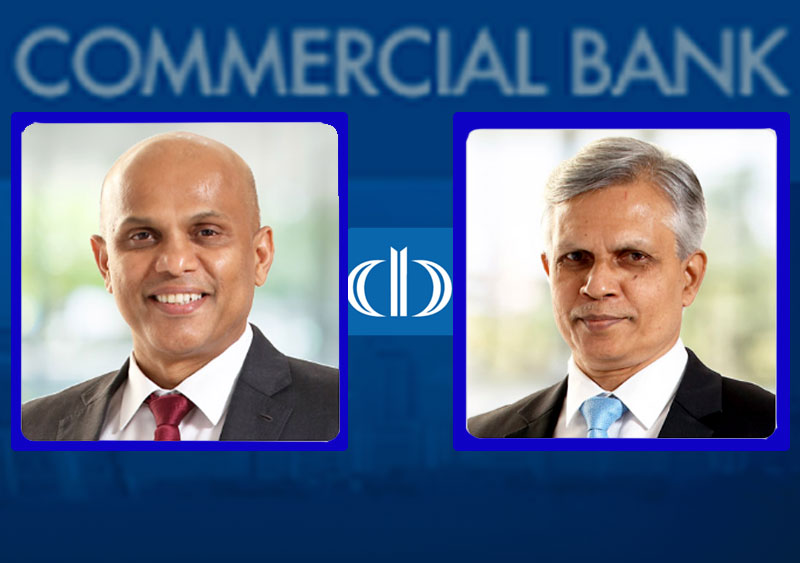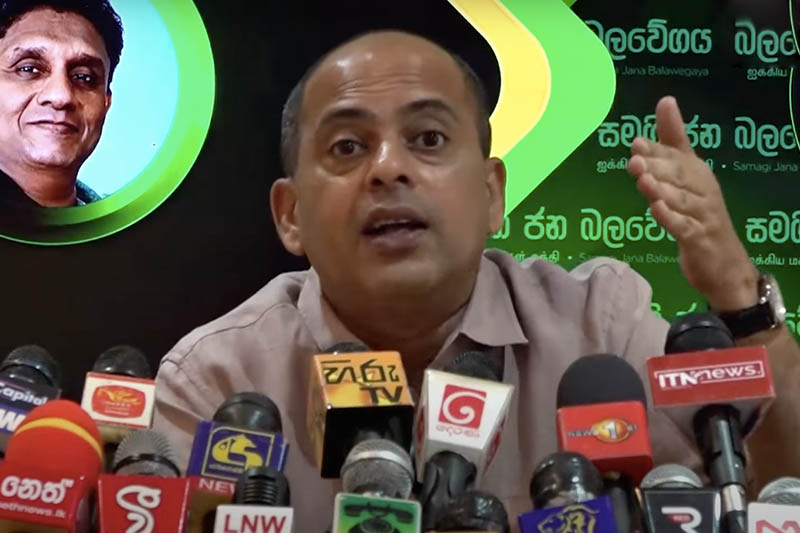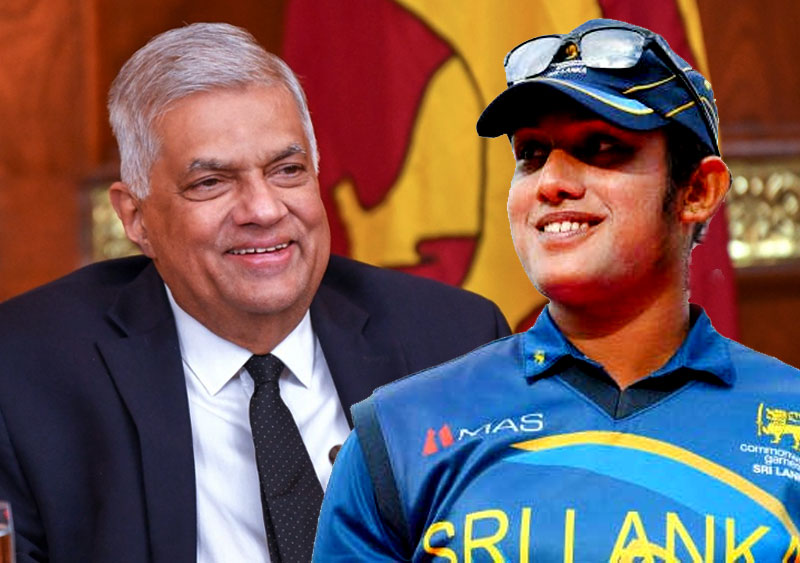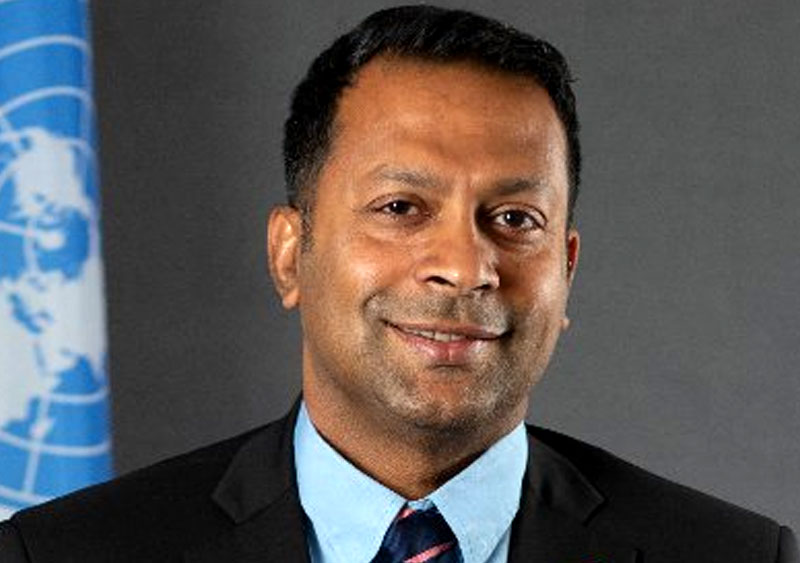The two opposing “camps” at the next presidential election are yet to clearly emerge with their candidates. The most probable “camps” are the “Rajapaksa” camp and that led by the UNP as UNF once again or something similar.
The tussles within these two main players in deciding on a candidate have also led to internal conflicts and divisions, that seem hotly contested.
Within the Rajapaksa camp, there are two political formations MR has to strike a deal with. One is the Joint Opposition (JO) the parliamentary alliance backing MR as Leader of the Opposition. They also have a role outside parliament when it comes to presidential elections. Second is his new political creation, the SLPP that has no visible presence in parliament, but ousted the SLFP from the Sinhala Buddhist constituency to become its main political representation at elections.
For MR, the most important factor is to guarantee the Sinhala Buddhist vote for “his choice” of the presidential candidate. MR seems to keep two options open but would have to decide which is more politically profitable, before the maiden SLPP convention on August 10, in just one month. There is a pressure group within JO with Weerawansa and Gammanpila proposing Gotabhaya as the presidential candidate. Few ex-servicemen also making an effort to project Gotabhaya as a fancied Sinhala Buddhist choice, adds to Weerawansa-Gammanpila claim. For them with Gotabhaya, they can be leading campaigners to have political validity. Yet within the Rajapaksa family and within a more moderate faction in the JO, Gotabhaya is not a “winning” candidate. He is not one who is accepted by moderate “rural” voter including Tamils and Muslims. Preferred choice of Vasudeva and few others in JO is Chamal. Unlike Gotabhaya, Chamal is not seen as an arrogant leader. He has the added advantage of not being “branded” as corrupt and carries an accommodating image cultivated while being Speaker of the House.
The major issue nevertheless is, if the SLFP and President Sirisena also gets into the presidential race on their own, what the SLPP strategy would be. President Sirisena, despite what Colombo “pundits” say, comparatively is no “bad candidate” as Wickramasinghe is seen in the UNP. President Sirisena’s anti-drug campaign even with the “Duterte stamp” has resonance with urban and rural lower middle class, the social segment that’s mostly caught up with drug addiction. He has also projected himself as a stubborn “anti-UNP” President, who’s holding the Wickramasinghe government from dragging the country into the US fold.
While all that is definitely not enough to make him a formidable Sinhala Buddhist candidate, 12 – 15 percent of the votes Sirisena could poll is extremely important for Rajapaksa when Tamils and Muslims would not vote for his candidate. Thus, there is a difference between those who want Chamal as their own candidate from SLPP and believe MR leading the campaign against a dilapidated UNP, would make Chamal an easy winner and whether Chamal by himself could collect 10 – 12 percent of votes to ensure a definite victory with a good margin. President Sirisena certainly can add that much, over and above a “Rajapaksa campaign”. MR needs a resounding victory for his presidential candidate that would ensure at least 130 to 135 seats of his own in parliament, when he contests to be the PM of the next government.
It is therefore probable MR and Basil would scheme the next move for the SLPP. The first option for now seem President Sirisena as their candidate, with Chamal held as the fall back option. Weerawansa and Gammanpila will have to either accept the two Rajapaksa siblings’ decision and stay on, or leave and be obliterated politically. The fate of Dinesh and Vasudeva seem different. They would compromise as they cannot politically switch to the UNP as Philip Gunawardne did in 1965, and also because on their own they cannot contest any election, despite their long political history.
The UNP seem to be in more trouble. The “ginger group” has now got more clout with Mangala Samaraweera openly promoting Sajith Premadasa and Sajith for the first time saying he is ready. While between them there is some understanding with Chandrika also by their side, Karu Jayasuriya is also being touted in other quarters that are not ready to accept Sajith as a winning horse. Even if he could be dragged through to a win, he is not counted as one who can lead the UNP as the party of the “neo liberal” corporate community. His understanding of his father’s Sinhala “nationalism” is too primitive for him to be seen as a “national” leader. That remains the major reason, why he has no attraction within minority communities. Not even among the small Muslim percentage even in Hambantota district.
In the UNP, Ranil W still remains the neo liberal leader, trusted by the US and its allies, despite him being rejected by his own party. And that also is reason why he is making a valiant effort to be seen as a leader of the Sinhala Buddhists patronizing Buddhist events and temples one after another. Global neo liberal politics want him to be the leader in power. His ego that centres around his apparently insecure self, is the other factor that explains the dilemma in the UNP. This dilemma at leadership level is now at the ground level with UNP supporters demanding a “winning” candidate, the UNP lacks very much.
Even with the “Premadasa” history that’s now almost lost to Rajapaksa’s Sinhala Buddhist popularity, Sajith has not emerged as a national figure on his own capability. His “housing programmes” that are mere photocopies of his father’s “Uda gam” model, lacks any innovative planning for the future. He does not even have the sense, that “housing” should be part of urban and rural planning involving local government bodies. That lack of common sense is evident in how massive apartments are mushrooming beyond city limits, with no planning and totally outside a declared “housing policy”.
Though Mangala says he knows how to make Sajith the winning candidate for the UNP with Ranil’s and Karu J’s blessings, Sajith is no “crowd puller” and no political “motivator” for voters. He has proved it in Hambantota with his district leadership since 2000, when he first came to politics with Hema Premadasa also in his election campaign. If numbers prove the point, the UNP in 1989 after Ranasinghe Premadasa won the presidential election, polled 55.9 percent winning 05 seats with stalwarts like Dr. Atapattu, P.M.B Cyril, Ananda Kularatne, Harry Abeywardne in the lead. In 1994, the year the PA led by the SLFP formed a government, the UNP dropped to 38.7 percent with 02 seats. For the first time, the JVP also won a seat. In 2000 Sajith P contested for the first time with UNP stalwarts like Ananda Kularatne and Siri Andrahennady when UNP polled 43.1 percent winning 04 seats. In 2001 in December when UNP came back to power, with Sajith P as the sole leader of UNP in Hambantota, UNP lost 03 percent, polling 40 percent with 04 seats. In 2004 April Sajith leading the UNP again lost another 4.6 percent polling 35.4 percent and 02 seats won. In 2010, the UNP with Sajith, dropped to 29.9 percent, a drop of 13.2 percent from the 43.1 percent polled in 2000 when Sajith first came on the scene. Even at the 2015 August election, with a jubilant UNP that led the 2015 January victory over Rajapaksa and the UNP in government, Sajith with his favourite ministry, could not defeat the SLFP in Hambantota, polling only 35.6 percent as against the 53.8 percent the Rajapaksas polled even without MR there.
It is in despair and desperation those who now believe Ranil W cannot win and election, cling on to Sajith P including Mangala Samaraweera. Their electoral politics have always been decided on appealing to the Sinhala Buddhist votes. Looking for a candidate who could steal Sinhala Buddhist votes from the Rajapaksas. Even Mangala who usually takes very democratic and rational positions even on controversial and sensitive issues, believe in fielding a candidate who pleads for Sinhala Buddhist votes, obsessed in defeating Rajapaksa. Sadly, the UNP does not learn from past lessons. In 2010 they wooed Sarath Fonseka who went into a conflict with the Rajapaksas to be their “Common Candidate” purely over Fonseka’s image as the “war winning” army Commander. War heroes were much in vogue then among the Sinhala Buddhists. The strategy was to field a candidate of the same breed as Rajapaksas. One who could steal Rajapaksa votes with a Sinhala Buddhist image. That failed miserably even with Fonseka portrayed in full military regalia.
Rajapaksa is the sole “Sinhala Selfie” and no other can have an image more Sinhala Buddhist than him. In 2015 January, Rajapaksa was defeated not because the “Common Candidate” could poll more Sinhala Buddhist votes than Rajapaksa, but because both Tamil and Muslim people voted en bloc against Rajapaksa. The lesson the UNP and others opposed to Rajapaksa should have learnt in January 2015 was that Rajapaksa can only be defeated by challenging his Sinhala Buddhist racist politics, with an inclusive and a pluralistic political position that reaches the majority rural South with a serious development programme. Rajapaksa can only be challenged by calling the “lie” in his Sinhala Buddhist patriotism that leaves the rural Sinhala Buddhists as marginalised voters deprived of opportunities in life.
That is not Sajith Premadasa’s politics. That was not even D.S. Senanayake’s politics Mangala wants to get back to for a “united” country. D.S. Senanayake’s colonisation programmes in the East were as racist as his government’s policy on disfranchising and “decitizenizing” Upcountry Tamils, violating even Article 29(c) of the Soulbury Constitution.
But for now, the UNP in its desperate effort to remain in power, has lost rational thinking and interest in a pragmatic vision for the future. This presidential election therefore is about voting the most extreme Sinhala Buddhist regime to power. About brutally polarising society on ethnic and religious demarcations to have a Sinhala Buddhist Theocratic State established constitutionally.
